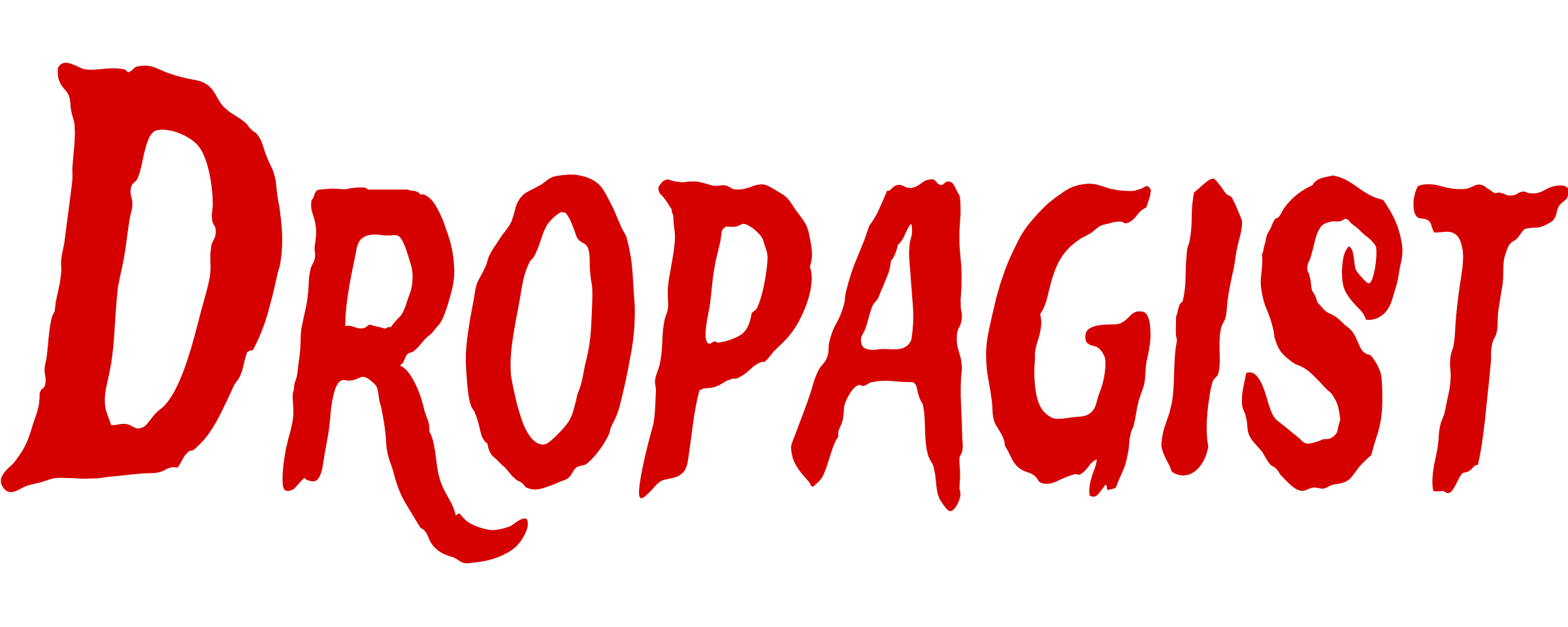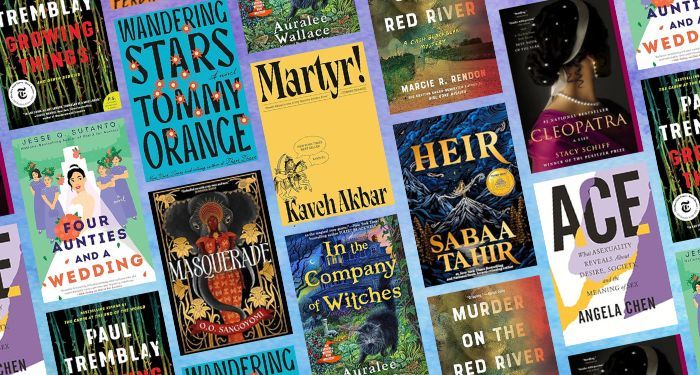Welcome to Today in Books, our daily round-up of literary headlines at the intersection of politics, culture, media, and more.
And the Winners Are…
Last night, at a ceremony hosted by Kate McKinnon, the National Book Foundation announced the winners of the 2024 National Book Awards. Continuing his expected sweep of awards season, Percival Everett picked up the prize for fiction for James. The prize for nonfiction went to Jason de Léon for Soldiers and Kings: Survival and Hope in the World of Human Smuggling. Lena Khalaf Tuffaha won the award for poetry for Something about Living. The prize for translated literature went to Taiwan Travelogue by Lin King, translated by Yáng Shuāng-Zǐ, and Shifa Saltagi Safadi’s Kareem Between received the award for young people’s literature. Another solid year on the books.
When He Was 42, Cormac McCarthy Began a Relationship With a 16-Year Old Girl
That’s the headline. In 1976, when Cormac McCarthy was 42 years old, he began a relationship with a 16-year-old girl he met by the pool of a motel in Tucson, Arizona. The girl’s name was Augusta Britt, and the relationship continued in secret for 47 years. Following McCarthy’s death in June 2023, Britt decided to go public. The result is a long, strange profile in Vanity Fair in which Vincenzo Barney positions the relationship not as abuse but as “the craziest love story in literary history.” I cannot say this loudly enough: what the actual fuck?
Before she met McCarthy, Britt had experienced significant violence. When she was 11, she was the victim of a traumatic event that she describes as having destroyed her family. Then she was in and out of foster homes, some of which were also abusive. She recognized McCarthy that day in 1976 and asked him to sign her book. He asked her why she was carrying a gun. The answer: after being hit by her father and foster parents, she felt the need to protect herself. Where he should have seen a vulnerable child, McCarthy instead saw his muse. Sure sounds like grooming. Sure sounds like criminal behavior. But you wouldn’t know it from the profile.
Throughout the piece, which is obtuse at best, Barney not just accepts Britt’s descriptions (she does not describe the relationship as abusive) but romanticizes the relationship and even seems to sympathize with McCarthy’s position. “Just imagine for a moment,” he writes,”
You’re an unappreciated literary genius who has not even hit your stride before going out of print. Your novels so far have circled around dark Southern characters who do dark Southern things…You’re sitting by a pool at a cheap motel when a beautiful 16-year-old runaway sidles up to you with a stolen gun in one hand and your debut novel in the other…She flickers with comic innocence yet tragic experience beyond her years and an atavistic insistence on survival on her own terms. She has suffered more childhood violence than you can imagine, and she holds your own prose up to you for autograph, dedication, proof of provenance.
Whatever you think the next sentence should be, just wait, because Barney chooses this: “And just like that, with the impatient grandeur below accident, coincidence, you’re introduced to your muse.”
Barney, who notes that McCarthy was his favorite writer, goes on to describe the many characters Britt inspired in McCarthy’s books. And while he does eventually acknowledge that the relationship is “startling, possibly illegal,” he seems all too eager to accept Britt’s description of it as her “safety” without further scrutiny. Britt is certainly allowed her experience and her interpretation of the events. Shouldn’t we as readers, though, demand more from journalists than tacit approval of “startling, possibly illegal” behavior by men in positions of power? How did this piece, with this flawed and dangerous framing, make it to publication?
Utah Bans 14th Book From Schools Statewide
Elizabeth Scott’s Living Dead Girl has joined the list of books banned statewide in Utah schools. Thirteen titles were banned in August as the state acted on a ban passed in its previous legislative session, one of the most restrictive book banning laws in the U.S. to date. Every public school in the state is required to dispose of banned titles, as the law stipulates that the books cannot be sold or distributed. How, exactly, Utah’s schools will carry out the required disposal remains to be seen.









 English (US) ·
English (US) ·
Have you read any of the winners? Let’s chat in the comments!